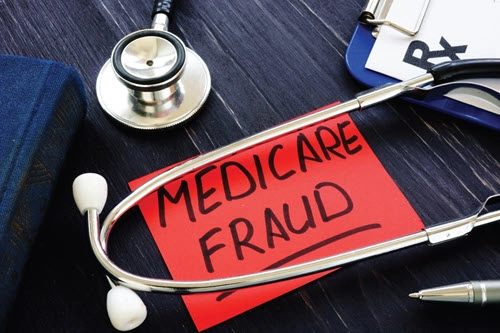PI Manual Addition Raises Specter Of NOA Fraud
Lack of specifics proves confusing. Another Home Health Notice of Admission development is causing some head scratching among home health experts. In a Jan. 27 transmittal, the Centers for Medicare & Medicaid Services updates the Medicare Program Integrity Manual to remove Request for Anticipated Payment references and include NOA ones. The manual now notes that “MACs may identify instances where an HHA’s use of NOAs indicates potential fraud, waste or abuse. Upon identifying misuse of NOAs, the MAC shall initiate corrective action. Corrective action includes, but is not limited to, education, warnings, Corrective Action Plans, and referrals to the UPIC” or Universal PI Contractor, according to Change Request 12595. “In monitoring the use of NOAs and Home Health claims, a MAC may identify potential misuse that is not significant enough to warrant immediate implementation of a Corrective Action Plan, but may indicate the need for additional education and monitoring,” the manual goes on to say. “The MAC shall educate the HHA on the appropriate use of NOAs.” The manual also goes into detail on the procedures surrounding a Corrective Action Plan, if one is necessary. The strange thing is that NOAs no longer have a direct tie to reimbursement, so the language around fraud, waste or abuse is confusing. “CMS is not clear regarding what NOA misuses entail or the benefits for the agency conducting the abusive practice and impact to the Medicare program,” the National Association for Home Care & Hospice notes in its analysis of the manual update. “Unlike the RAP, the NOA does not generate payments to the HHAs directly associated with its submission,” NAHC points out. Note: The PI Manual update transmittal is at https://www.cms.gov/files/document/r11218pi.pdf.

